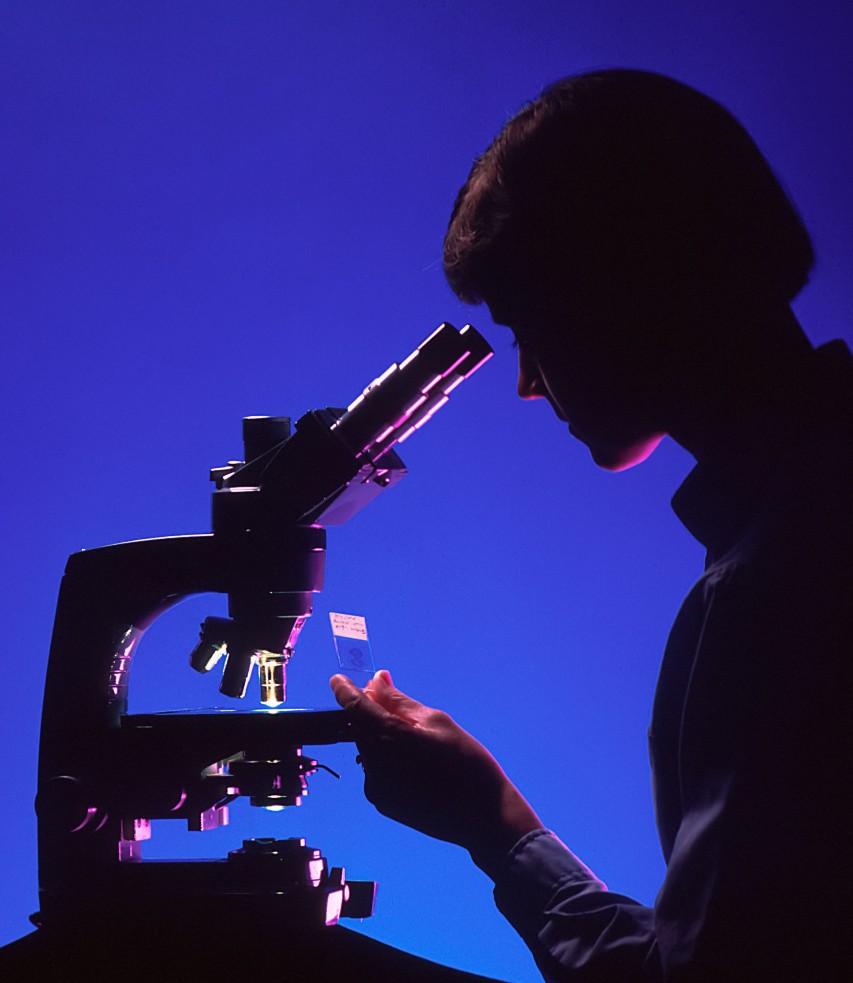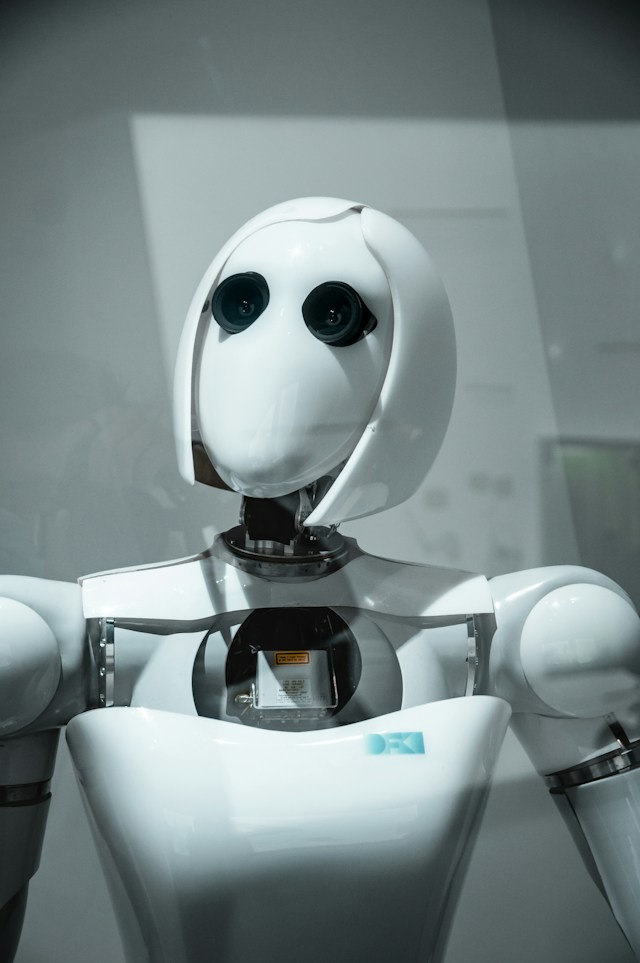A topic that was mainly the stuff of science fiction in the 20th century, longevity is now a mainstay of science and technology, with governments, Silicon Valley billionaires, start-ups and universities all doing their bit to promote research in this exciting field.
Though most scientists involved in anti-aging research hesitate to use the word ‘immortality’ as the end goal of their endeavors, a small band of researchers and scientific thinkers don’t shy away from being upfront about what these technological advances might actually lead to in the next 50 to 100 years.
Some of these technologies such as 3D bioprinting are already being deployed for a number of real-life purposes, while others like cryonics and biohacking are still in a more speculative phase. But the most striking advances are in biology and genetics as researchers start to unravel the causes of aging.
Let’s take a closer look at some of the leading voices on longevity and anti-aging technologies.
Matt Kaeberlein
Recognized globally for his research on the biology of aging, Matt Kaeberlein, Professor of Pathology, University of Washington, Seattle, is also Director of the Healthy Aging and Longevity Research Institute, and Director of the Dog Aging Project. His research interests include molecular mechanisms of aging and interventions to slow the progression of cancer, Alzheimer’s, diabetes, heart disease, and other age-related chronic conditions. As part of the Dog Aging Project, Kaeberlein is trying to ascertain if rapamycin can delay the onset of cancer in golden retrievers and heart disease in Doberman pinschers. This could be a eureka moment, providing evidence that “there is a molecular biology of aging”. Rapamycin, a drug used to prevent rejection of organ transplants in humans, is already known to have an anti-aging effect in mice, worms and flies.
David Sinclair
David Sinclair is a brilliant and controversial scientist. While nobody doubts his intelligence—he was named one of the world’s most influential people in 2014 by the prestigious Time magazine—some people wonder if he may be going too far with some of his theories about aging and longevity. The Harvard Medical School professor of genetics has received numerous awards and honors for his contribution to science—and he’s actively involved in promoting companies to push the boundaries of anti-aging science. His 2019 book, Lifespan: Why We Age—and Why We Don’t Have To, was a New York Times bestseller. Sinclair, who has been studying aging for over two decades, believes that people should fundamentally change the way they think about aging. “Instead of considering it a common and natural process, we must approach it as a disease and, as such, as something that can be treated or even cured,” he told BBC Mundo. Sinclair’s personal regimen involves diets, exercise, supplements—and the diabetes drug metformin. He wants the US Food and Drug Administration (FDA) to declare aging a disease “and let’s start treating it, and when we do that, we will have much greater gains on health span.”
Judith Campisi
Judith Campisi, Professor, Buck Institute for Research on Aging, and Adjunct Professor of Gerontology, has made significant contributions to understanding why age poses the single biggest risk factor for developing a range of diseases from neurodegeneration to cancer. The highlight of her work is the manner in which she integrates environmental, genetic, and evolutionary forces that cause aging and age-related diseases, and identifies pathways that can be modified to counter these aging processes. Campisi’s research has shown that inflammatory proteins linked to senescent cells damage tissue and prevent surrounding cells from functioning normally. So, removing them from the body might be a tantalizing way forward to slow down bodily decline caused by ageing. Campisi and her team at Buck Institute have also discovered a novel biomarker that is detectable in blood and urine and could lead to the formation of a noninvasive test for measuring and tracking the performance of senolytics (drugs that eliminate senescent cells).
Steve Horvath
Steve Horvath, a biostatistician at the University of California, Los Angeles, has identified the role a cellular process called methylation plays in ageing. Using methylation, data scientists are able to predict the lifespan of animals, including human beings. This prediction even has a name—the Horvath’s Clock. Horvath believes that perhaps by modifying the methylation state in human DNA, we can alter our lifespans. The epigenetic clock uses the body’s epigenome which has chemical modifications that tag DNA. The tags’ pattern changes as we age, and is used to track a person’s biological age. This biological age can be ahead or behind the chronological age. Epigenetic clocks are built by selecting groups of DNA-methylation sites in the genome. Horvath’s pioneering work has led to the development of some very accurate clocks.
Eric Lagasse
The biotechnology company, LyGenesis, is one of the dozens of start-ups that are riding the wave of investor interest in longevity and anti-aging technologies. The company’s research team is led by Eric Lagasse, Associate Professor in the Department of Pathology at the University of Pittsburgh (UPIT) and LyGenesis’ Chief Scientific Officer. His work has found that different cell types and tissues like the liver could engraft and grow within lymph nodes. This is done by using lymph nodes as bioreactors to effectively regrow functioning organs within the patient’s own body. Lagasse and his team are working on a method to inject cadaver cells into lymph nodes for growing secondary livers. In fact, in another study, published in the journal Liver Transplantation, Lagasse and his team of researchers from the University of Pittsburgh School of Medicine showed how pigs with damaged livers used their own liver cells to grow a new organ in their lymph nodes.

It’s clear that anti-aging research is at a very exciting phase. All therapies and treatments being tested may not hit the jackpot, but the overall direction in which anti-aging science and technology is heading could make this the biggest innovation in the history of humankind, one that fundamentally changes the very meaning of what it means to be human.















